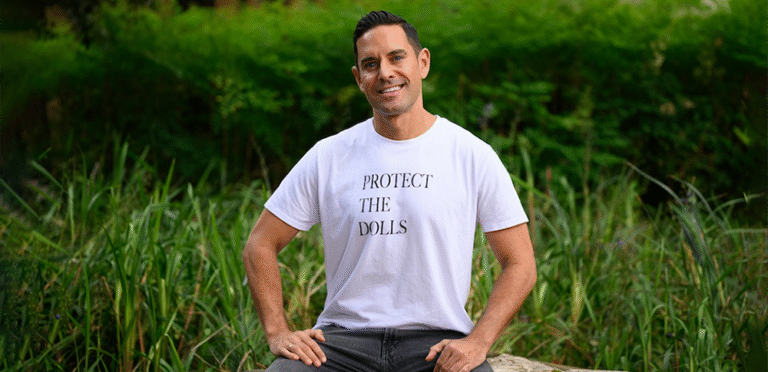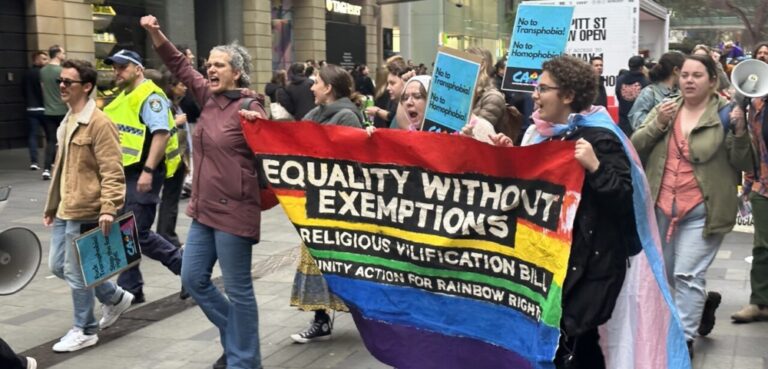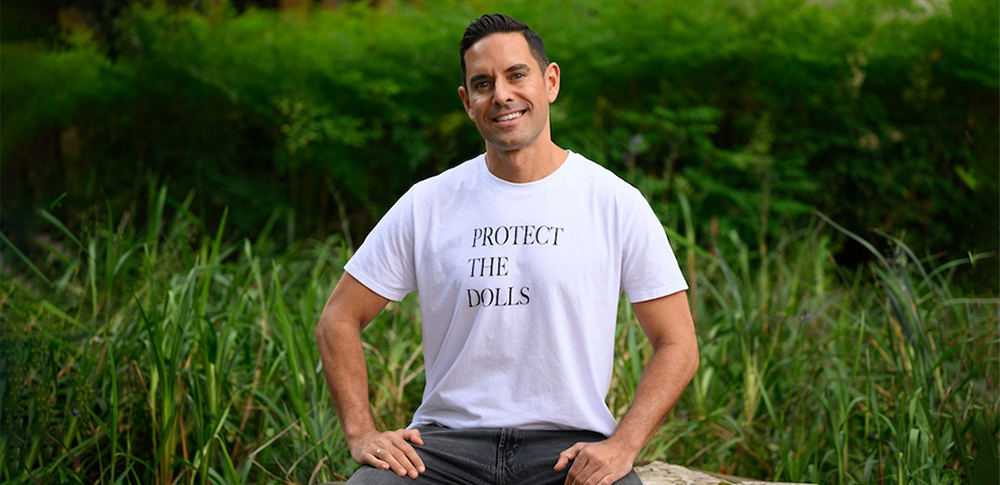
Demand for HIV commitment
The Australian Federation of AIDS Organisations has queried Federal political parties on what they intend to do to about the dramatic rise in national HIV infection rates.
The peak AIDS body is also concerned about the Federal Government’s commitment to the HIV partnership, with leadership waning and research and prevention funding diluted. Neither the Government nor the Opposition has responded to the election survey at time of print.
The Government had touted a new $9.8 million campaign to tackle the national 41 percent increase in new HIV infections – mostly among gay men. But the budget papers revealed the campaign also included STI work for indigenous and young people.
“When you think about those three populations and the cost of doing mainstream media advertising it’s clearly inadequate and will compromise all three,” AFAO executive officer Don Baxter said.
He called for a new HIV strategy after the current “disappointing” strategy lapses in 2008, one that returns a focus on national leadership in reinvesting in HIV prevention.
“NSW has stabilised new infections in gay men, but the other states have not. That’s because they’ve removed money from the program,” Baxter said.
Annually the Department of Health spends $8.3 million on HIV research, but in recent years this has been eroded by the inclusion of hepatitis C and other STIs, without additional resources.
Further, a new classification of three key HIV research centres has halved auxiliary funding from the Department of Education, Science and Training. AFAO has asked the parties to commit to restoring that funding, from the Department of Health if necessary.
Support for people with HIV was also a priority for new policy, with AFAO joining with MS and diabetes groups to call for a Chronic Illness Health Care Card, similar to the Seniors Card.
“Some people are seriously affected by HIV and have a whole series of costs that make life difficult for them. We’re talking chiefly people outside the workforce,” Baxter said.
“It’s designed to reduce costs across a range of areas like public transport and improve access to medication.”
Baxter said the stigma associated with HIV was declining, and he hoped parties would publicly oppose further restrictions on immigrants with HIV.
“I’m fairly confident [that issue] won’t be revived. But we are in an election campaign, it’s getting desperate, we’ve got Pauline Hanson in Queensland saying the same sorts of things,” he said.
“The good fairies in the Coalition have constrained the Prime Minister where he was going on that issue.”
Now the concern centred on the South Australian health minister who has indicated a move to a criminal response to HIV infections.
“Every state is asking whether we’re doing the right thing, whether the gay community is behaving,” Baxter said.
“The Michael Neal trial, as opposed to his committal hearing, will start again in June next year, so depending on how lurid the media coverage is of that, I fear we may be in for another bout of suspicion about all people with HIV, which is unfair.”










